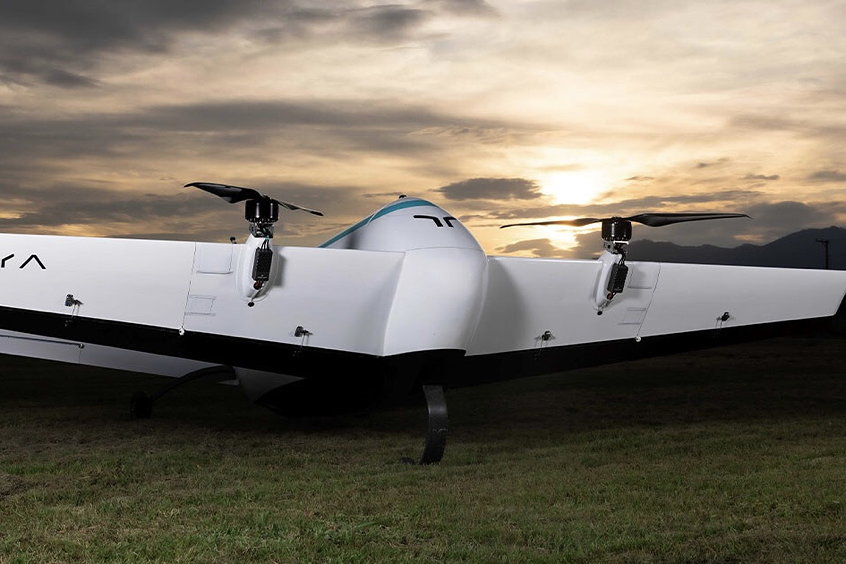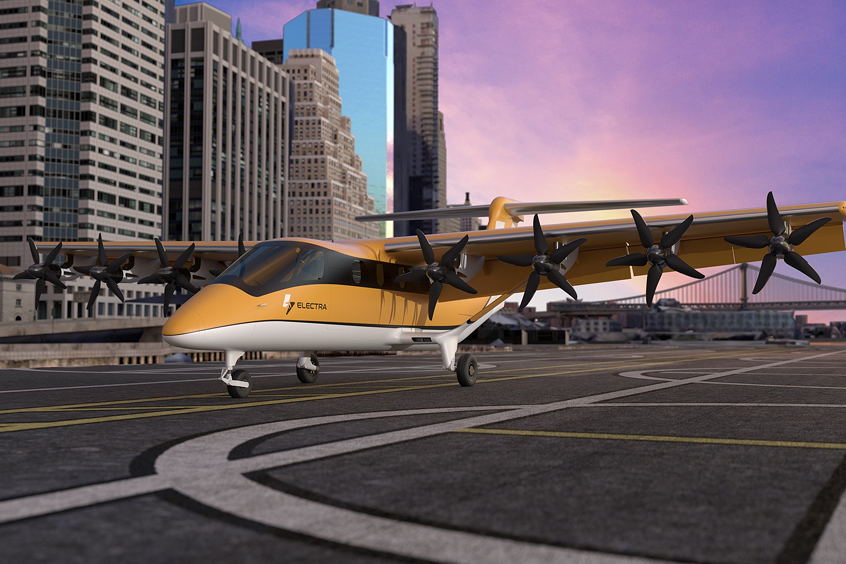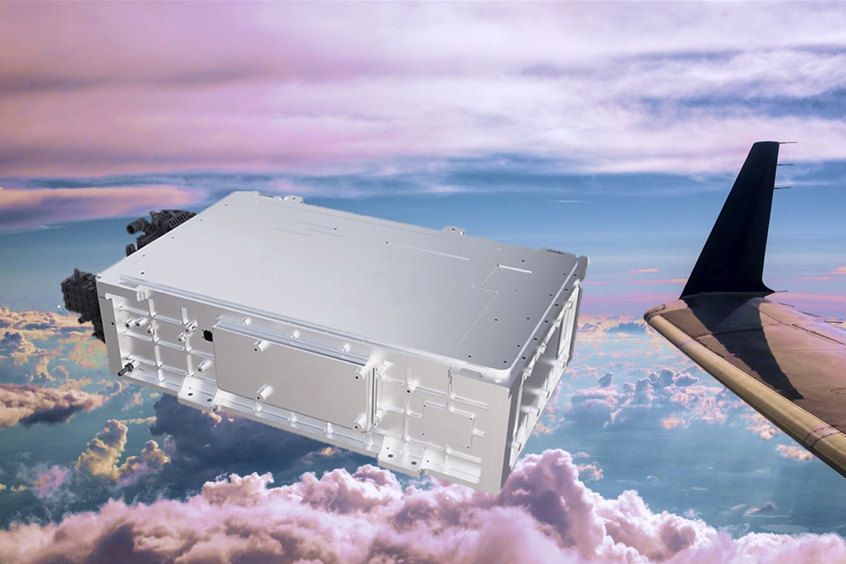Daedalean, a developer of safety-critical and certifiable artificial intelligence systems for situational awareness and flight control, has completed flight testing of its visual awareness system with Leonardo.
"Leonardo is working towards prudently integrating AI in its products and services through both in-house developments and cooperations," says Mattia Cavanna, Head of Technology and Innovation at Leonardo Helicopters. "By collaborating with emerging companies on predefined use cases, we keep maturing our technology roadmaps towards a safer, affordable and sustainable flight experience. Improving situational awareness through system like Daedalean's in the near future could contribute to further prevent aviation accidents and progressively enable higher degrees of autonomy to our platform."
The Leonardo Labs serve as technology hubs, connecting emerging talent from leading universities with Leonardo's veteran experts to drive innovation and identify practical applications. Leonardo Labs pursues research in areas from materials and quantum technologies to sustainability and applied artificial intelligence.
Daedalean provides what the company terms Situational Intelligence - the ability to understand and make sense of the current environment and situation, and also anticipate and react to potential threats. Its visual awareness system employs a form of artificial intelligence called machine learning, which leverages recent increases in computer power to do more quickly and effectively what before could only be done by people. “Daedalean is proud to bring our experience creating machine-learned algorithms for aviation to such a prominent player in the world of aviation,” says Daedalean CEO Dr. Luuk van Dijk. “It shows there is growing interest in and understanding of the benefits machine learning can bring today to increase flight safety.”
Under a Eureka Eurostars grant, the two companies collaborated on a year-long project, equipping Leonardo helicopters with Daedalean's system - comprised of aircraft-mounted cameras, computer, and interface display - capable of identifying aerial traffic including birds and drones, determining location in GPS-denied environments, and offering landing guidance.
Testing took place at Leonardo's PZL-Swidnik facility in Lublin, Poland, from July to September 2023 with Leonardo's SW4 and SW4 Solo RUAS/OPH helicopters. Leonardo reported the testing analysis gave outstanding results. Daedalean has conducted joint research with regulatory agencies, including the FAA and EASA, to prove its AI-based system is certifiable to their stringent safety standards.
“Daedalean published multiple studies with regulators to evidence the fact that our machine-learned algorithms are capable of providing functions meeting and exceeding human capabilities,” Dr. van Dijk states. “As aviators and passengers become more familiar with AI-enabled systems, a future with autonomous flight becomes more attractive for the higher safety, lower cost, and increased capacity it will deliver.” Leonardo is well positioned to leverage its extensive experience certifying new technologies to possibly retrofit its current line and to integrate future aircraft with Daedalean's unprecedented technology, making near-term integration of AI-enabled systems into the cockpit more of a possibility than ever.
| Contact details from our directory: | |
| Daedalean AG | Automatic Direction Finders, Automatic Flight Control Systems, Autopilots, Flight Management Systems, Terrain Awareness and Warning Systems |
| Leonardo Aeronautics (Alenia) | Airframer |
| Related aircraft programs: |
| PZL Swidnik SW-4 |
| Related directory sectors: |
| Warning Systems |
| Flight and Data Management |
Weekly news by email:
See the latest Bulletin, and sign up free‑of‑charge for future editions.

Altair collaborates with aerospace startup Moya Aero to develop eVTOLs

Electra reveals design for EL9 hybrid-electric aircraft
Piper Aircraft achieves AS9100 certification
